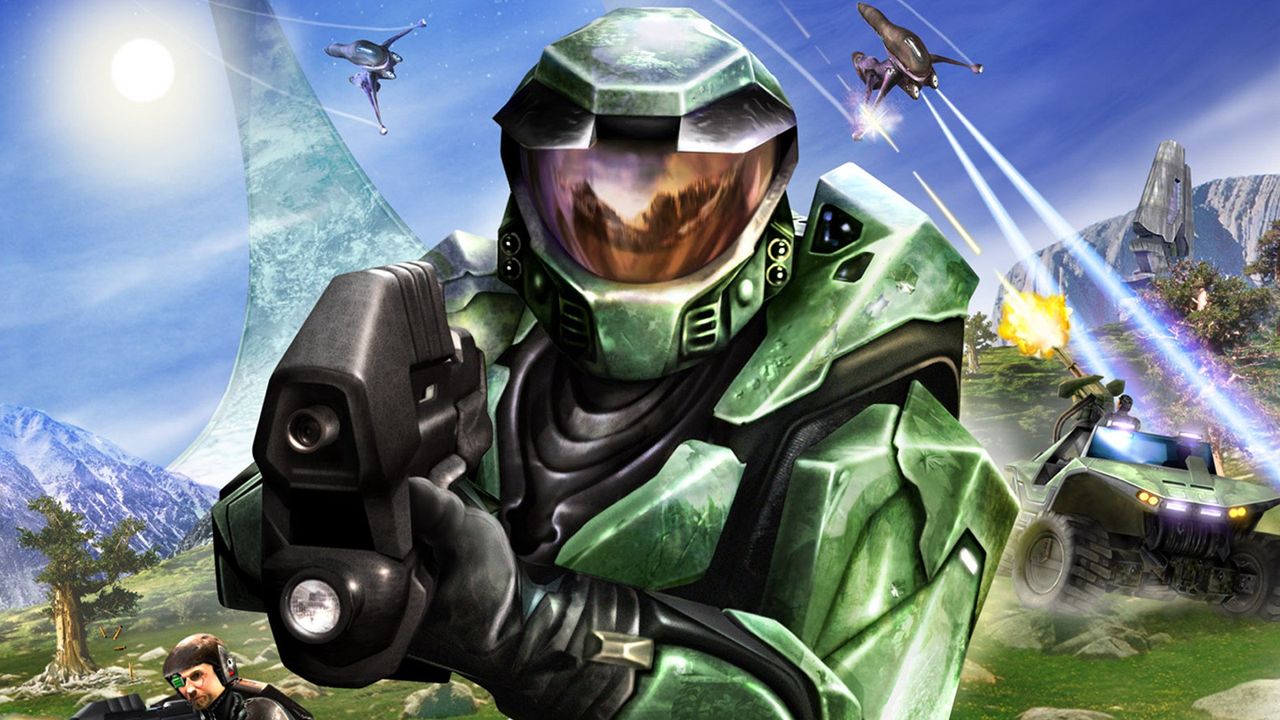UPDATE: The co-creator of Halo and the design lead for Halo 2 have both condemned the US government’s use of a controversial analogy comparing immigrants to parasitic aliens. The response follows a post from the Department of Homeland Security (DHS) featuring Halo imagery with the caption “Destroy the Flood,” which has sparked outrage among fans and creators alike.
Earlier today, the DHS shared an advertisement depicting two spartans driving a Warthog under a Halo ring, referencing the Flood—a notorious alien parasite in the Halo series. This post, which many see as dehumanizing, has drawn immediate backlash from key figures in the gaming industry.
Marcus Lehto, who worked as the art director for early Halo games, expressed his disgust, calling the analogy “absolutely abhorrent” and stating, “It really makes me sick seeing Halo co-opted like this.” Jaime Griesemer, a designer on the original Halo, also criticized the DHS post, stating, “Using Halo imagery in a call to ‘destroy’ people because of their immigration status goes way too far.” He emphasized that such comparisons are offensive and should concern all Halo fans, regardless of their political beliefs.
The incident follows a social media moment where the official White House account referenced GameStop’s humorous take on the end of the console wars, but it was the DHS’s post that has ignited controversy. Lehto and Griesemer’s comments highlight the dangers of comparing immigrant populations to entities that must be eradicated, a rhetoric reminiscent of some of history’s darkest times.
PC Gamer journalist Stephen Totilo reported on the creators’ reactions, noting that the imagery used by the government in this context is deeply troubling. The analogy has been criticized for echoing language that has historically justified human rights abuses.
As the situation develops, industry professionals are calling for a reevaluation of how cultural symbols are used in political discourse. In an increasingly polarized environment, both Lehto and Griesemer’s statements serve as a reminder of the importance of respectful dialogue around immigration.
What happens next remains to be seen, but the conversation around the intersection of gaming culture and political messaging is far from over. Fans and creators alike are poised to respond, and the implications of this incident may resonate throughout the gaming community and beyond.
Stay tuned as this story unfolds and further reactions emerge from both the gaming industry and political spheres.






